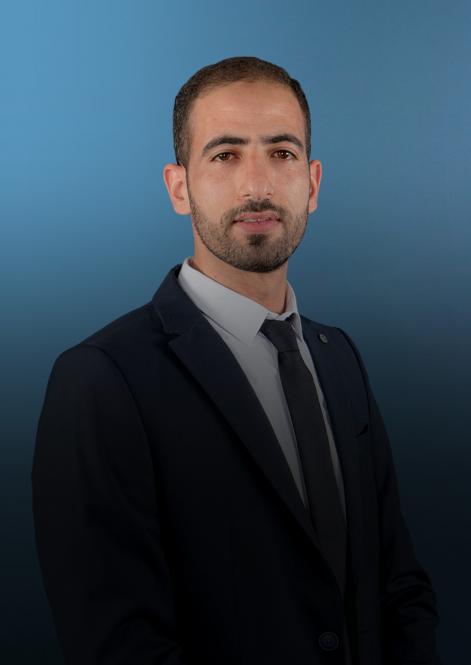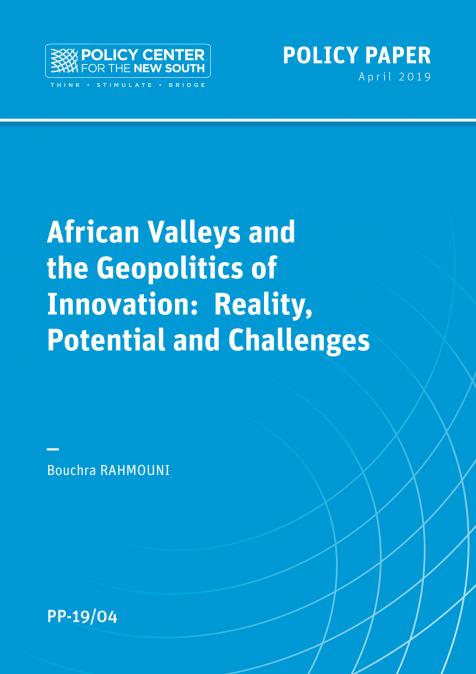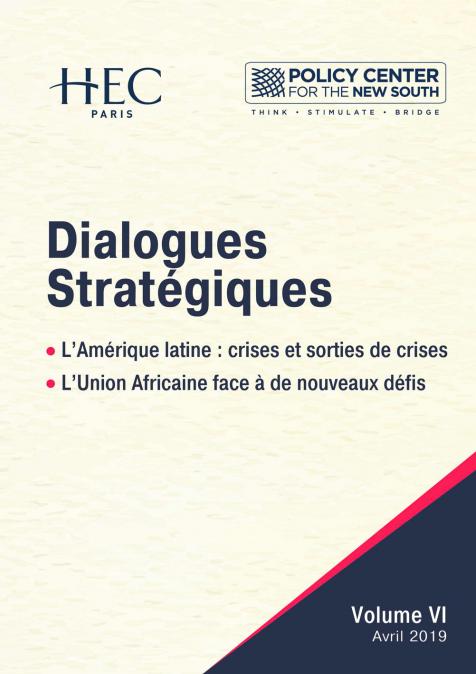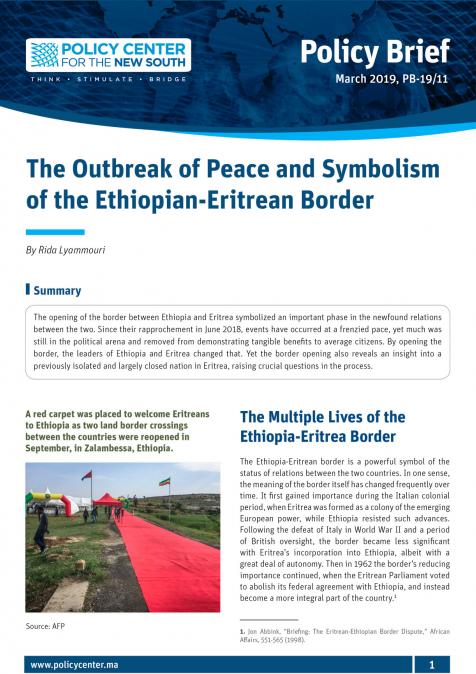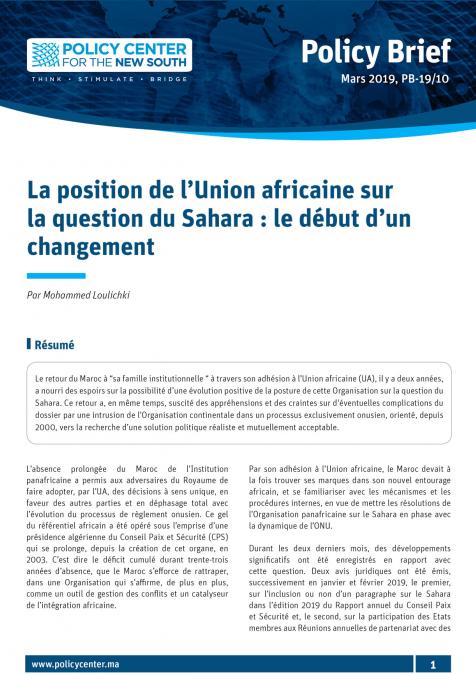يخصص مركز السياسات من أجل الجنوب الجديد حلقة برنامجه الأسبوعي "حديث الثلاثاء" لمناقشة أهم التحديات التي تواجهها منطقة حوض بحيرة التشاد مع خالد شكراوي، باحث بارز بمركز السياسات من أجل الجنوب الجديد.
في شمال منطقة وسط إفريقيا، وتحديداً في بحيرة تشاد التي تعتبر ذات أهمية اقتصادية، حيث يكمن مورد الرزق الأساس لنحو 30 مليون شخص من مجموعات إثنية وعرقية مختلفة يعيشون في البلدان الأربعة المحيطة بها (تشاد والكاميرون والنيجر ونيجيريا). تَعتبر هذه البحيرة إرثاً طبيعياً مشتركاً لا تحتكره دولة دون أخرى، ولم يُعترف فيه بالحدود السياسية حتى وقت قريب. شيئاً فشيئاً، بدأت هذه البحيرة تتحول إلى مرتع للجماعات الإرهابية وعملياتها
أزمة بحيرة تشاد مركبة ومتشابكة للغاية لكونها تواجه تحديات تتداخل فيها كل من العوامل البيئية مع نظيرتها السياسية والاثنية وكدلك الاقتصادية والاجتماعية والامنية، وهدا التداخل يجعل محيط البحيرة نقطة أزمات وتحديات تأثر على معظم دول وسط إفريقيا، غرب افريقيا ومنطقة الساحل والصحراء.
نعود خلال هاته الحلقة إلى مناقشة أهمية البحيرة للدول المجاورة وكدى التحديات التي تعيشها منطقة حوض بحيرة تشاد وآثارها على محيط كبير من دول المنطقة بشكل مباشر وغير مباشر، أسئلة وغيرها نناقشها مع خالد شكراوي، باحث بارز بمركز السياسات من أجل الجنوب الجديد.

